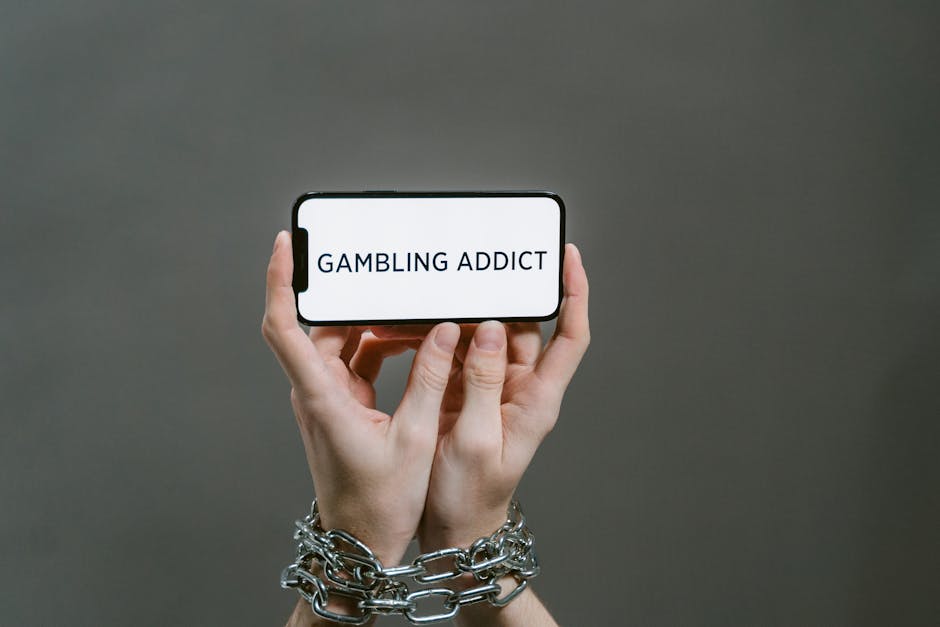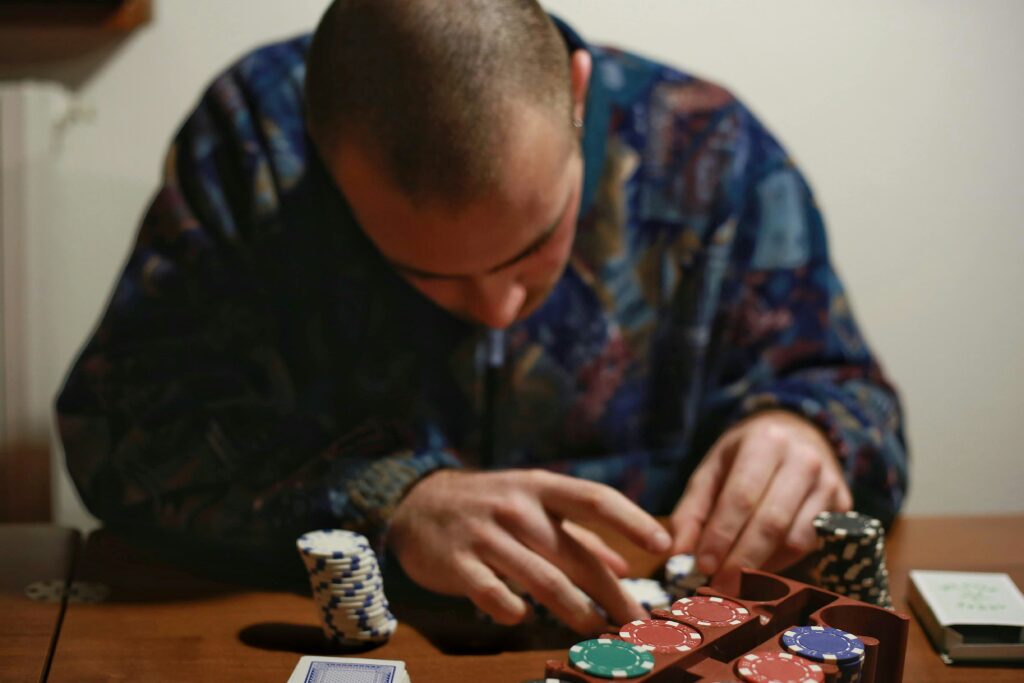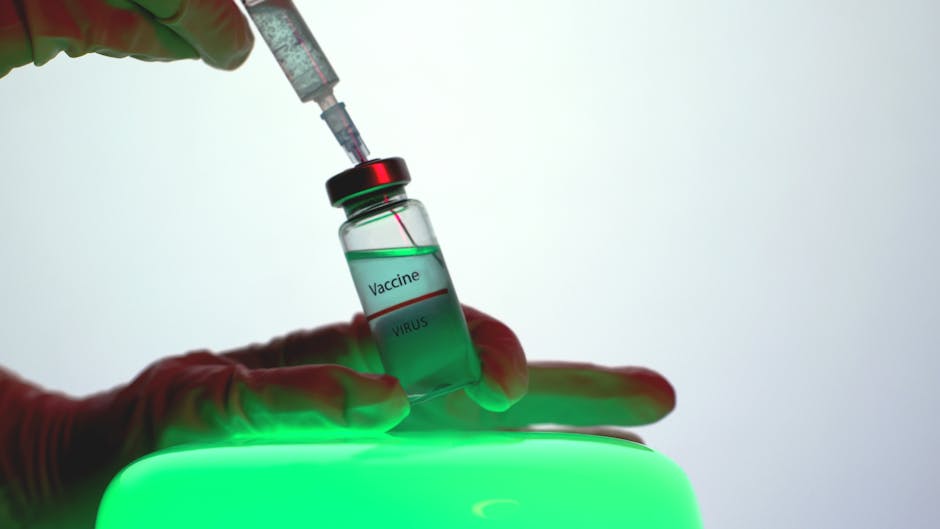Delving into the intricate web of gambling addiction unveils a world where psychological triggers play a pivotal role in shaping behaviors and decisions. As I explore the depths of this complex issue, it becomes evident that understanding these triggers is paramount in addressing the root causes of addiction. From the thrill of risk-taking to the escape from reality, each trigger exerts a powerful influence on individuals susceptible to the allure of gambling.
In this article, I’ll dissect the psychological mechanisms that drive individuals towards compulsive gambling behaviors, shedding light on the intricate interplay between emotions, cognition, and addiction. By unraveling the mysteries behind these triggers, we can gain valuable insights into how to effectively combat and prevent gambling addiction. Join me on this journey as we navigate the labyrinth of the human mind and uncover the psychological underpinnings of this widespread issue.
Examining the Psychology of Gambling Addiction
Exploring the psychology of gambling addiction unveils intricate dynamics that underlie this pervasive issue. Understanding the psychological triggers is essential in unraveling the complexities of compulsive gambling behavior and its implications. By delving into the core elements that drive addictive gambling, we gain valuable insights into combating this widespread problem effectively.
The Concept of Reward Systems
In grasping the psychology of gambling addiction, delving into the concept of reward systems is crucial. Addictive gambling behavior is often reinforced by the brain’s reward pathways, where wins trigger the release of dopamine, a neurotransmitter associated with pleasure and reinforcement. This neurological response creates a cycle of seeking rewards through gambling, leading to compulsive behavior patterns.
Risk and Excitement Factors
Risk and excitement are integral components that contribute significantly to the allure of gambling addiction. The thrill of taking risks and the adrenaline rush associated with uncertain outcomes can drive individuals to engage in compulsive gambling activities. This heightened sense of excitement and anticipation of winning create a potent cocktail that fuels addictive behavior, making it challenging for individuals to resist the urge to gamble excessively.
Key Psychological Triggers in Gambling
Exploring the psychological triggers behind gambling addiction can offer valuable insights into the compulsive nature of this behavior. Here, I delve into two significant factors that play a pivotal role in fueling gambling addiction.
- The Illusion of Control
In the realm of gambling addiction, the illusion of control is a powerful psychological trigger. I’m fascinated by how individuals often believe they can influence the outcome of random events, such as card games or slot machines. This false sense of control can lead to persistent gambling behavior, where individuals continue to place bets in the hope of achieving the desired outcome through perceived skill or strategy - Social Influence and Peer Pressure
Social influence and peer pressure are essential contributors to gambling addiction. It’s intriguing to note how the presence of others in a gambling environment can intensify the urge to participate in betting activities. I’ve observed that individuals may feel compelled to gamble more or take greater risks when influenced by the behavior of their peers. The social aspect of gambling can create a sense of belonging and acceptance, further reinforcing addictive behaviors.
The Role of Neurobiology in Gambling Addiction
I’ll delve into how the brain reacts to gambling stimuli in the context of addiction, shedding light on the intricate neurobiological mechanisms at play.
How the Brain Responds to Gambling Stimuli
The brain’s response to gambling stimuli is complex and multifaceted. When individuals engage in gambling activities, various regions of the brain are activated, particularly those associated with reward processing and decision-making. Neuroimaging studies have shown heightened activity in the brain’s reward pathway, including the nucleus accumbens, when exposed to gambling cues. This increased activation is linked to the release of dopamine, a neurotransmitter associated with pleasure and reinforcement.
Impact of Dopamine Release on Addiction
Dopamine plays a crucial role in reinforcing addictive behaviors, including gambling addiction. The surge of dopamine release in response to gambling wins creates a euphoric sensation, reinforcing the behavior and driving individuals to seek out similar experiences. Over time, repeated exposure to gambling-related stimuli can lead to neuroadaptations in the brain’s reward system, contributing to the development of compulsive gambling patterns.
Influence of Risk and Excitement Factors
In addition to dopamine release, the allure of risk and excitement associated with gambling also plays a significant role in addiction development. The thrill of taking risks and the anticipation of uncertain outcomes trigger heightened arousal in the brain, leading to increased engagement with gambling activities. This heightened arousal can be particularly pronounced in individuals who are more sensitive to reward cues, further fueling addictive tendencies.
Neural Circuitry Underlying Compulsive Behavior
Studies have identified specific neural circuits that are implicated in compulsive and impulsive behaviors, including those observed in individuals with gambling addiction. Dysregulation in the prefrontal cortex, implicated in decision-making and impulse control, can lead to impaired judgment and difficulty resisting gambling urges. Additionally, alterations in the mesolimbic dopamine system, responsible for processing rewards and reinforcement, can contribute to the compulsive nature of gambling behavior.
Combating Gambling Addiction Through Neurobiological Insights

By understanding the neurobiological underpinnings of gambling addiction, researchers and clinicians can develop more targeted interventions to help individuals struggling with compulsive gambling behaviors. Strategies aimed at modifying dopamine activity, addressing reward processing abnormalities, and enhancing impulse control mechanisms can hold promise in mitigating the impact of gambling addiction on affected individuals.
Treatment and Management Strategies
In addressing gambling addiction, various treatment and management strategies are available to assist individuals in overcoming this compulsive behavior. Two primary approaches that have shown effectiveness in managing gambling addiction are Cognitive Behavioral Therapy (CBT) and self-help techniques.
Cognitive Behavioral Therapy
In my experience, Cognitive Behavioral Therapy (CBT) has been a cornerstone in treating gambling addiction. CBT focuses on altering the patterns of thinking and behavior that contribute to the addiction. It helps individuals identify negative thoughts and triggers that lead to gambling urges. Through CBT, individuals learn coping strategies to manage these triggers and develop healthier responses to stress and temptation. This therapy also aids in enhancing self-control and developing positive reinforcement techniques to prevent relapse.
Self-help Techniques for Gambling Addiction
Self-help techniques can complement formal treatment methods or serve as standalone strategies for managing gambling addiction. These techniques involve individuals taking personal responsibility for their recovery journey. In my practice, I’ve seen self-help techniques such as keeping a gambling diary to track triggers and behaviors, setting financial limits to prevent excessive gambling, engaging in alternative activities to replace gambling behaviors, and seeking support from friends, family, or support groups. These self-help approaches empower individuals to proactively address their addiction and work towards lasting recovery.




